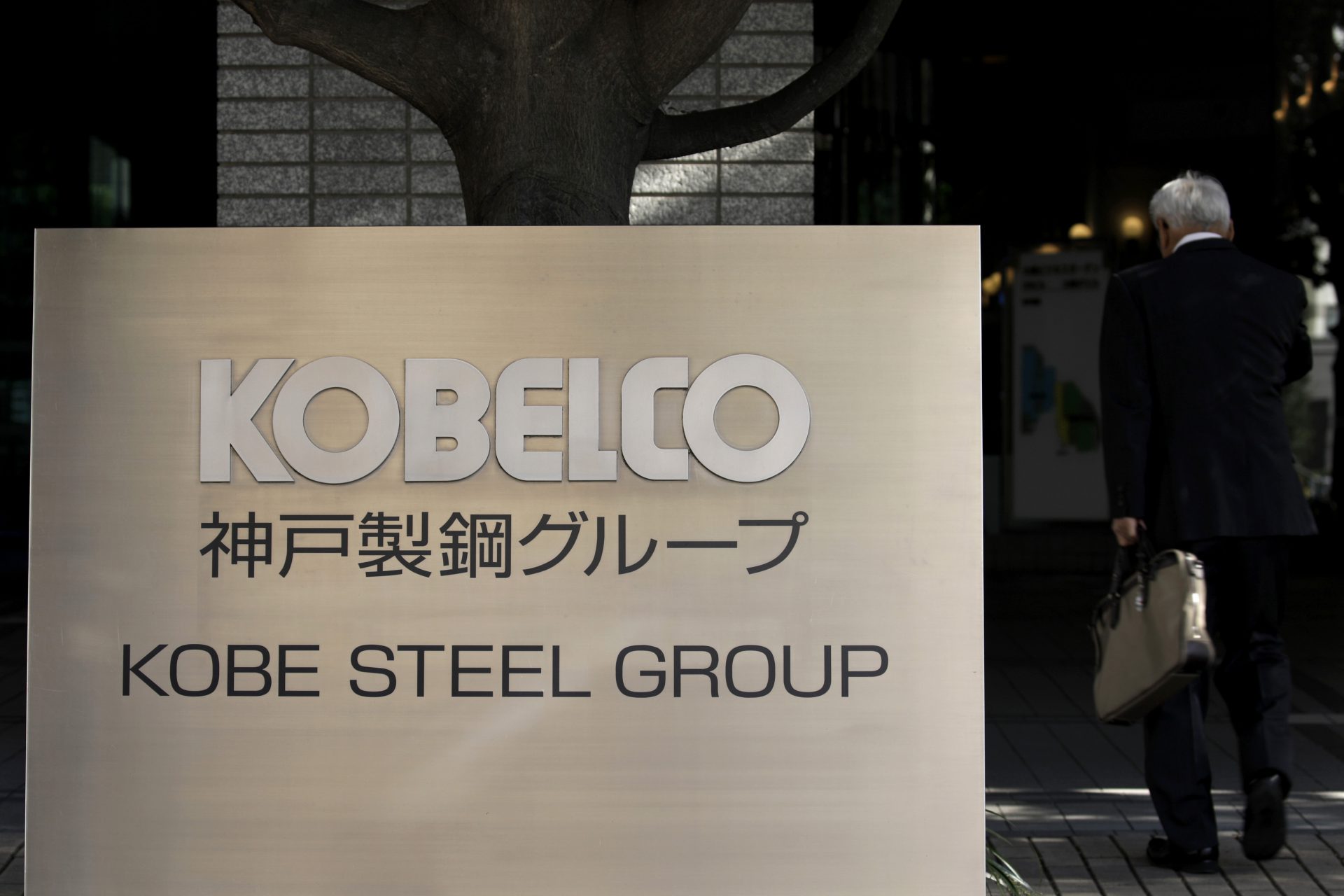

Last year, Japan’s automotive manufacturing industry found itself in a tough spot. Nissan and Subaru found themselves in the crosshairs of an investigation regarding the companies’ practices for final vehicle inspection, while raw materials’ provider Kobe Steel sat in the hot seat regarding allegations of improper material strength reporting. Toyota, a consumer of Kobe Steel, recently gave itself and subsidy Lexus the “all clear” after a long internal investigation on the matter.
Toyota began to investigate its own vehicles after the allegations of Kobe Steel’s misconduct found itself exposed to daylight. In late October, the automaker started its gruesome process of testing to ensure that all materials were still safe, despite Kobe Steel being caught red-handed lying about the strength of its parts. It took nearly three months, but the manufacturer has now published its final findings on the matter for vehicles manufactured and shipped worldwide.

Toyota’s final report regarding the impact of Kobe Steel’s misconduct.
, Bold borders indicate newest findings, via ToyotaIn the above tables, Toyota was able to determine that vehicles sold under both the Toyota and Lexus brands were not impacted by the findings at Kobe Steel. The manufacturer indicated that the affected materials were not used in any of its vehicles sold in Japan or elsewhere in the world. Though the manufacturer did believe this was the case in November 2017, it was finally able to publish data indicating the this was indeed the case, relinquishing the concerns that sub-par materials may have been used to assembly Toyota’s vehicles, according to the manufacturer’s internal standards.
Other manufacturers confirmed the use of Kobe’s metal products in their vehicles shortly after the news broke. This includes hoods and doors manufactured by Honda, and though Mazda confirmed the use of metal from Kobe, it did not specify where or how said materials were used. Both manufacturers confirmed that the vehicles produced by their respective plants were safe and free from defect in 2017.
Now that the majority of Japanese automakers have cleared their slates with the ending of their respective 2017 fiascos, it’s hopeful that the new year will bring more of an innovative growth instead of a tarnished past. Toyota has been working hard to engineer solid-state batteries for future electric cars, and other manufacturers are playing catch-up in the new electric market space. Hopefully, with new technology on the horizon, the follies of Kobe Steel can be old news.